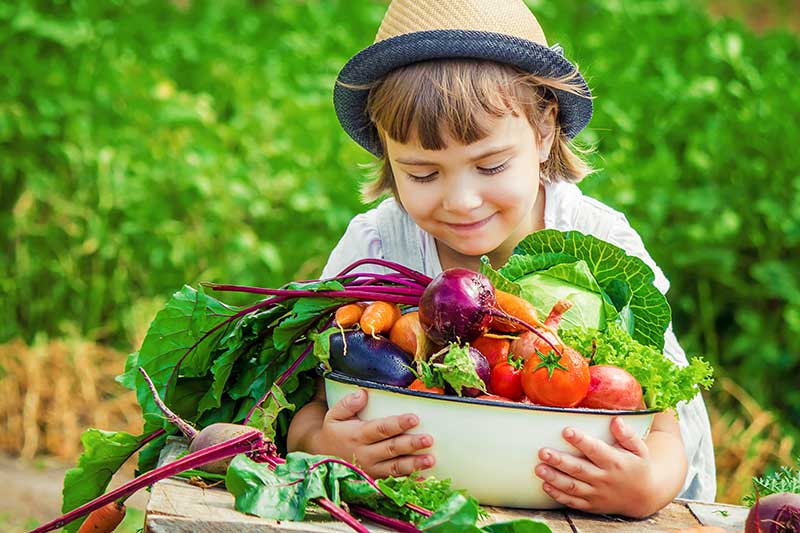In Gardening, Consumers Seek Food Independence and Sustainable Action

The trend towards growing food in home gardens has been documented from the early days of the pandemic and has shown real staying power. Even before the pandemic, as consumers expressed deep concerns about climate change and linked those worries to the environmental impacts of food and transportation, we saw interest among consumers in producing their own food.
As expressed by a baby boomer in our most recent sustainability report, "I try to do my part to leave a smaller footprint. We have a community garden where we grow fresh vegetables and things. That’s another way that I feel like we can make a difference — grow our own food."
Related, The Wall Street Journal reports that vegetable gardens are gaining popularity among apartment and home buyers, and real estate developers around the world are beginning to incorporate garden plots and communal orchards into new apartment buildings and home developments.
As described in the article, from London to Taiwan and Spain, luxury home and apartment developers are seeking to attract residents with the “feel-good” attributes of on-site gardens in response to increased consumer interest in growing their own food. Expectations that many will continue to work more from home post-pandemic point to ongoing importance of relaxation and recreation closer to home.
The gardening trend doesn't seem to be going away any time soon: Hartman research has shown that in times of stress, consumers crave a sense of control and comfort. In a pandemic that has thrown global grocery supply chains into disarray and shown consumers the vulnerabilities in their food supply, activities that introduce some element of food independence — from gardening to baking bread or even canning — have attracted many new adherents. As some changes to how consumers live and work become more permanent, the turn towards food independence is poised to accelerate.
As a means to battle climate change, and as documented in our sustainability research, consumers pre-pandemic were already seeing gardening and producing their own food as one small part of how they might take action. However (and it was a big however), this occurred as they made a significant shift in thinking, realizing that, faced with the enormity of "big problems" like climate change, there were limits in terms of their ability as individuals to make an impact.
At the time, perhaps more than any other sustainability issue, climate change clarified for consumers the need for collective action and galvanized their beliefs that companies and government share a much larger share of responsibility in terms of solutions.
Where are consumers going next in terms of sustainability beliefs and actions? Sustainability & Transparency will be our next study, fielding in the third quarter of 2021. Building onto prior findings in The Hartman Group’s foundational Sustainability syndicated series, the 2021 study will both provide an update on ongoing trends and examine new sustainability-related considerations that have become important to consumers.
More sustainability insights:
Webinar recording and download: Sustainability: Beyond Business as Usual. New Report Overview
Report: Sustainability: Connecting Benefits With Values Through Personal Consumption
